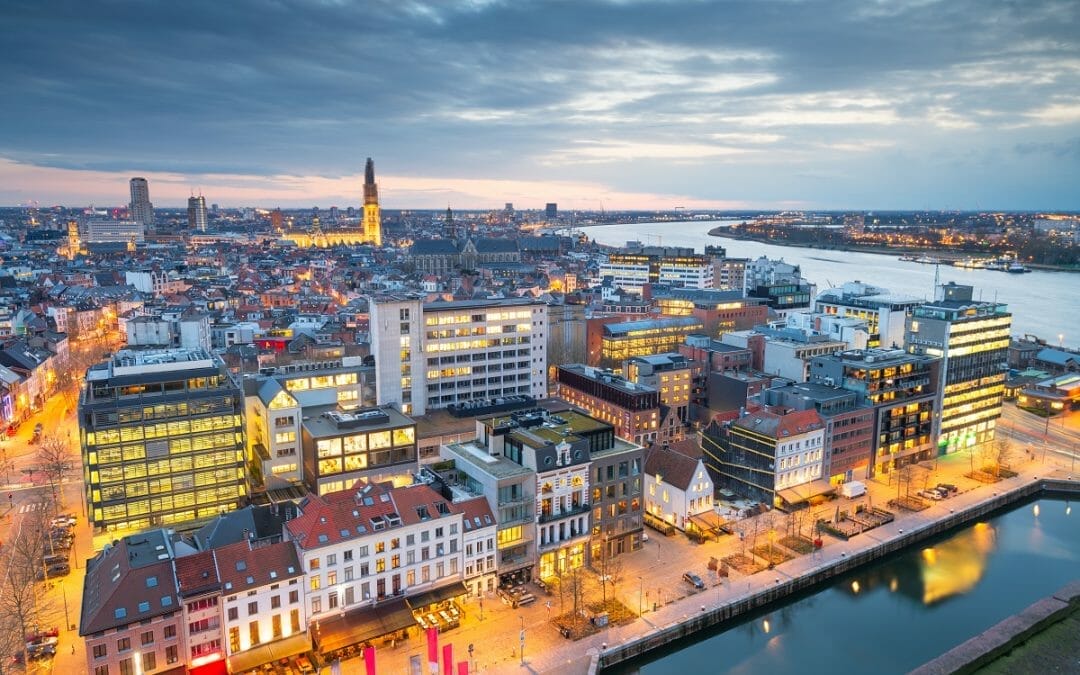The Belgian parliamentary Energy Committee recently vote on the so-called hydrogen law, which aims to regulate hydrogen transport through pipelines in the country.
Approved by the Belgian parliamentary Energy Committee, Belgium is to be the first country in the world with such a law.
With the hydrogen law, Belgium wants to ensure that hydrogen can be brought in from overseas. The bill also focuses on green hydrogen, produced totally from renewable energy.
Just as they are now doing with LNG (liquified natural gas) in the port of Zeebrugge, they want something identical to hydrogen.
The hydrogen law not only regulates the transport of hydrogen in Belgium. But also determine which company will be assigned to manage it. This company, which is yet to be appointed, will be a regulated company that cannot just decide on its profit margins. The company must also guarantee free and non-discriminatory access to the hydrogen network and guarantee the quality of hydrogen.
The Belgian CREG (Commission for the Regulation of Electricity and Gas), the federal body that governs Belgium’s electricity and natural gas markets, will oversee the company.
The hydrogen bill still has to pass the House Energy Committee for a second reading, before it can be given the official go-ahead.
Belgium’s position in the field of hydrogen technology
Belgium is not a novice to hydrogen, as it already has a substantial number of hydrogen pipelines owned by private players.
Presently, Belgium has a hydrogen network of 613 kilometers long, the second largest in the world and the largest in Europe. This hydrogen network runs through Antwerp, Zeebrugge, Ghent, Brussels, and Charleroi and is bound to the networks of neighboring countries. Belgium also has over 100 companies and research institutes operating on hydrogen applications. This indicates that Belgium is very well positioned in the field of hydrogen technology and wants to maintain this position.
Also, Belgian and European industries are already using grey hydrogen extracted from gas, oil, or coal. This type of hydrogen could make way for green hydrogen by 2050, only if it were up to the European Union.
Belgium is eager to be a pioneer, and so is Europe in general. In 2019, through the Green Deal, Europe was the first continent to submit the ambition of climate neutrality by 2050, linking environmental and climate objectives with economic opportunities. Hydrogen is regarded as a cornerstone of this policy. Belgium and Europe have the ambition of becoming a hub for hydrogen, but Belgium believes it should move faster.
With this law, Belgium is ahead of European legislation and may become the first to enforce such a rule. This might make Belgium a model for Europe to imitate.
Would you like to invest in Belgium or any European country? – Let’s go ahead and contact your Damalion expert now.

